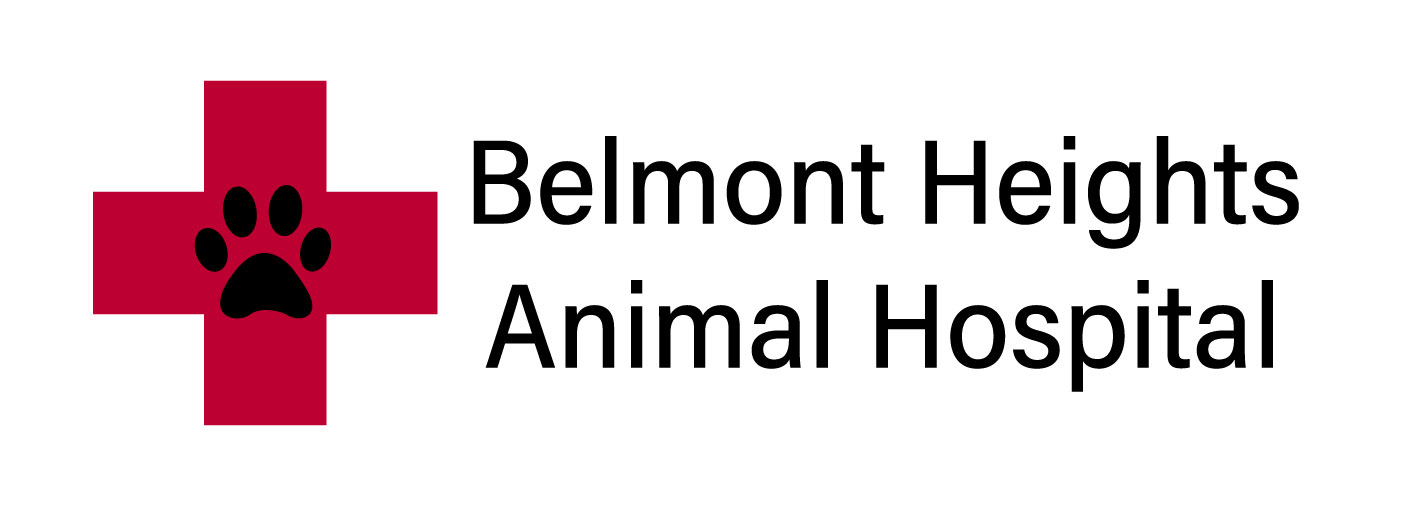Dentistry
- Dentistry for your pets entails professional scaling and polishing of the crown, or visible part of your dog or cat’s teeth. Teeth cleaning does require scaling or scraping the tooth to remove plaque and calculus. Scaling is completed to remove plaque and tartar build-up on the tooth crown. Last, the teeth are polished leaving a completely smooth surface of the tooth which discourages plaque and bacteria from adhering to the rough tooth surface.
- We perform dental under general anesthesia. It would be impossible to clean under the gum-line where periodontal disease lurks on an awake dog or cat. General anesthesia is what often worries most pet owners, however, under proper protocols, anesthesia is very safe. Your pet will have blood drawn for analysis to identify any potential problems that the doctor needs to be aware of and to determine if your pet is healthy enough to undergo anesthesia. Click on following link for CONS of non-anesthetic dental cleaning: https://afd.avdc.org/what-is-an-anesthesia-free-dental-cleaning/
- Under general anesthesia, a complete oral exam and radiographs (x-rays) are taken to identify any problems beneath the gum line. Common painful problems that could be identified with radiographs are broken teeth and roots, periodontal disease, dead teeth, abscesses or infected teeth.
Before dental cleaning:

Notice the red, swollen gums as well as the build up of tartar and calculus on the tooth.
After cleaning:

Notice the much better condition of the gums as well as the cleaner tooth.
In some cases, your pet will need to be seen by a board certified veterinary dentists for following complex cases:
- Jaw Fracture Repair.
- Oronasal Fistula Repair.
- Removal of complicated oral tumors and masses.
- Periodontal therapy.
- Root canals.
- Complicated extractions.
- Treatment for Feline Stomatitis and Feline Tooth Resorption.
- Pet Dental Cleaning for higher anesthesia risk pets.
Diagnostics
- Comprehensive lab tests to evaluate organ function, endocrine disease and infectious diseases.
- Digital X-ray.
- Dental (Digital) X-ray.

(This is a Feline Odontoclastic Resorptive Lesion, which can cause pain, discomfort, hypersalivation and decreased appetite. Dental x-ray can be used to identify and diagnose this condition)
(This is a root abscess (canine), that can be diagnosed with dental radiograph)
- Ultrasound.
- Some of the diagnostics may require a specialty consult and the doctor will inform you of this if indicated.




